Many people say that you shouldn't drink tea at night because it can cause insomnia. But does drinking tea in the evening always affect sleep? Not necessarily. While tea has a stimulating effect, it can also be calming. By scientifically adjusting the type of tea and the method of consumption, you can not only avoid affecting sleep but also improve its quality.
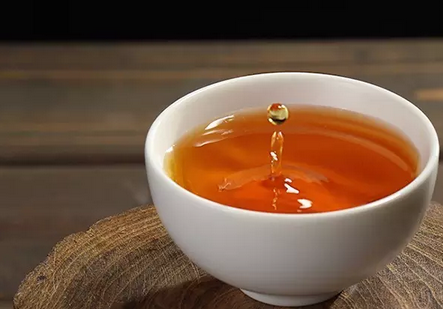
Main reasons tea causes insomnia:
It's often said that tea causes insomnia because it contains caffeine, which can both refresh the mind and keep you awake. However, this isn't universally true.
The caffeine content in tea depends on many factors, such as the tea variety, growing conditions, harvest season, picking standards, processing, and brewing methods. Additionally, individual tolerance to caffeine varies due to differences in constitution and lifestyle habits. Therefore, while some people may toss and turn after a small cup of tea before bed, many regular tea drinkers sleep soundly even after drinking tea at night.

How to drink tea without insomnia:
1. Drink tea 3-5 hours before bedtime
If you go to bed at 11 p.m., drink tea during the day or before 8 p.m. (make sure to wait at least an hour after meals). This usually won't significantly affect sleep. For healthy adults, caffeine takes effect within an hour and wears off in 3-4 hours for moderate doses.
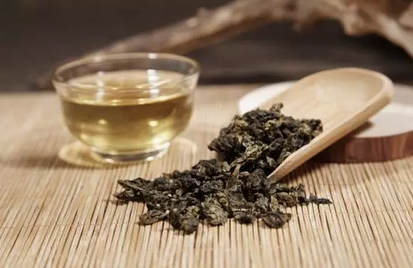
2. Rinse the tea leaves 1-2 times
Caffeine dissolves easily in hot water. After brewing for 2 minutes, about 70%-80% of the caffeine is already in the water. Discarding the first two infusions, which contain most of the caffeine, can help avoid insomnia.
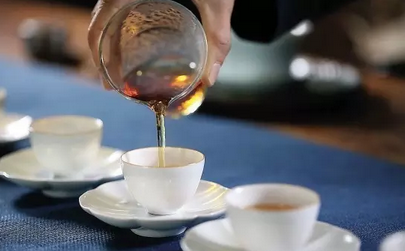
3. Drink lighter tea
Caffeine needs a certain amount to take effect, and the body generally has some tolerance to it (e.g., cola, coffee, and chocolate also contain caffeine). Lighter tea releases less caffeine, reducing its impact on sleep.
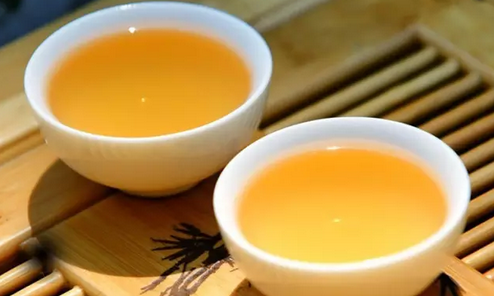
4. Drink more fermented tea
For example, fully fermented black tea. During fermentation, tea polyphenols convert into theaflavins and thearubigins, which reduce stomach irritation. These compounds also interact with caffeine, lowering its direct intake and indirectly reducing the risk of insomnia.

5. Drink naturally sweet tea
The sweetness in tea comes from soluble sugars like monosaccharides and disaccharides, as well as sweet amino acids like theanine. Studies show that theanine has neuroprotective, calming, and mood-regulating effects, which aid sleep without side effects. For example, white tea, known for its fresh and sweet taste, has the highest theanine content among all tea types.
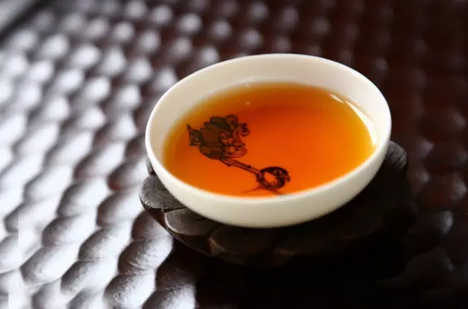
6. Drink aged or ripe tea
Aged or ripe teas, such as ripe pu-erh or aged white tea, are milder and less stimulating. In contrast, green tea contains more caffeine and polyphenols, which are more stimulating. Black tea, ripe pu-erh, and aged white tea can actually aid sleep, especially when brewed for longer.
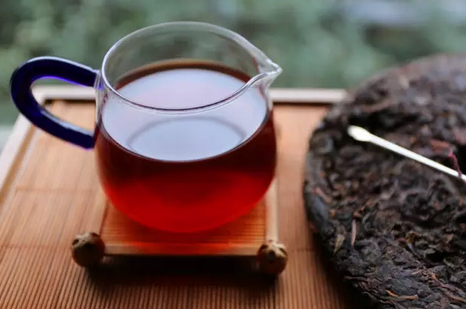
7. Eat something sweet
If you occasionally drink too much tea, eating something sweet or having snacks can "neutralize" the tea's effects and prevent sleeplessness.
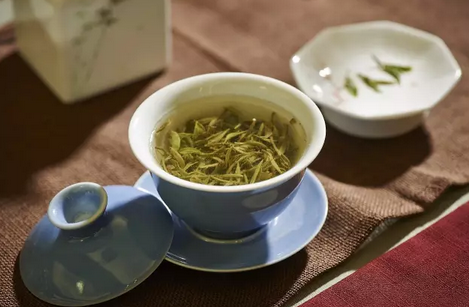
Sometimes, drinking tea before bed is just to satisfy a craving. If your insomnia is caused by improper tea-drinking habits, try the methods above.